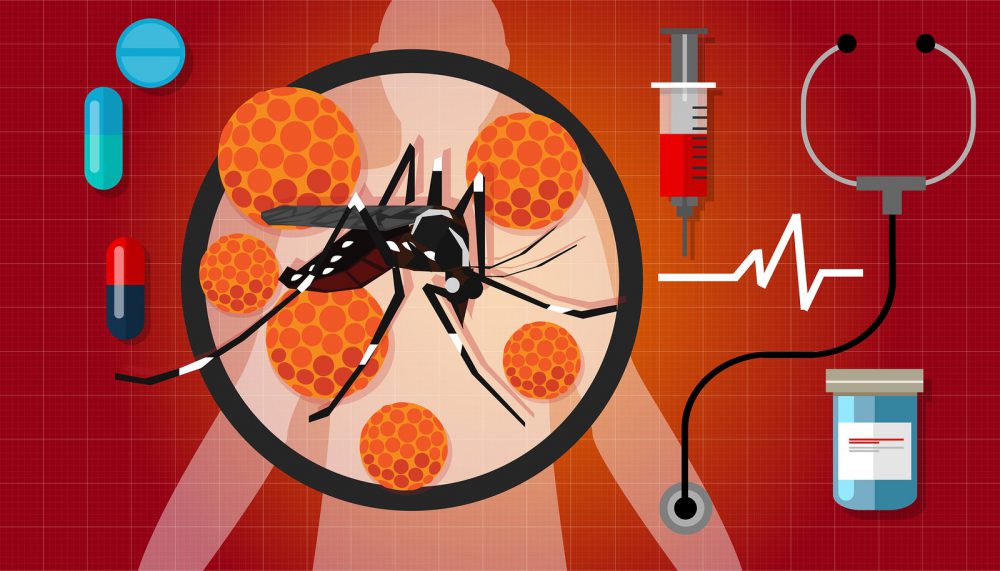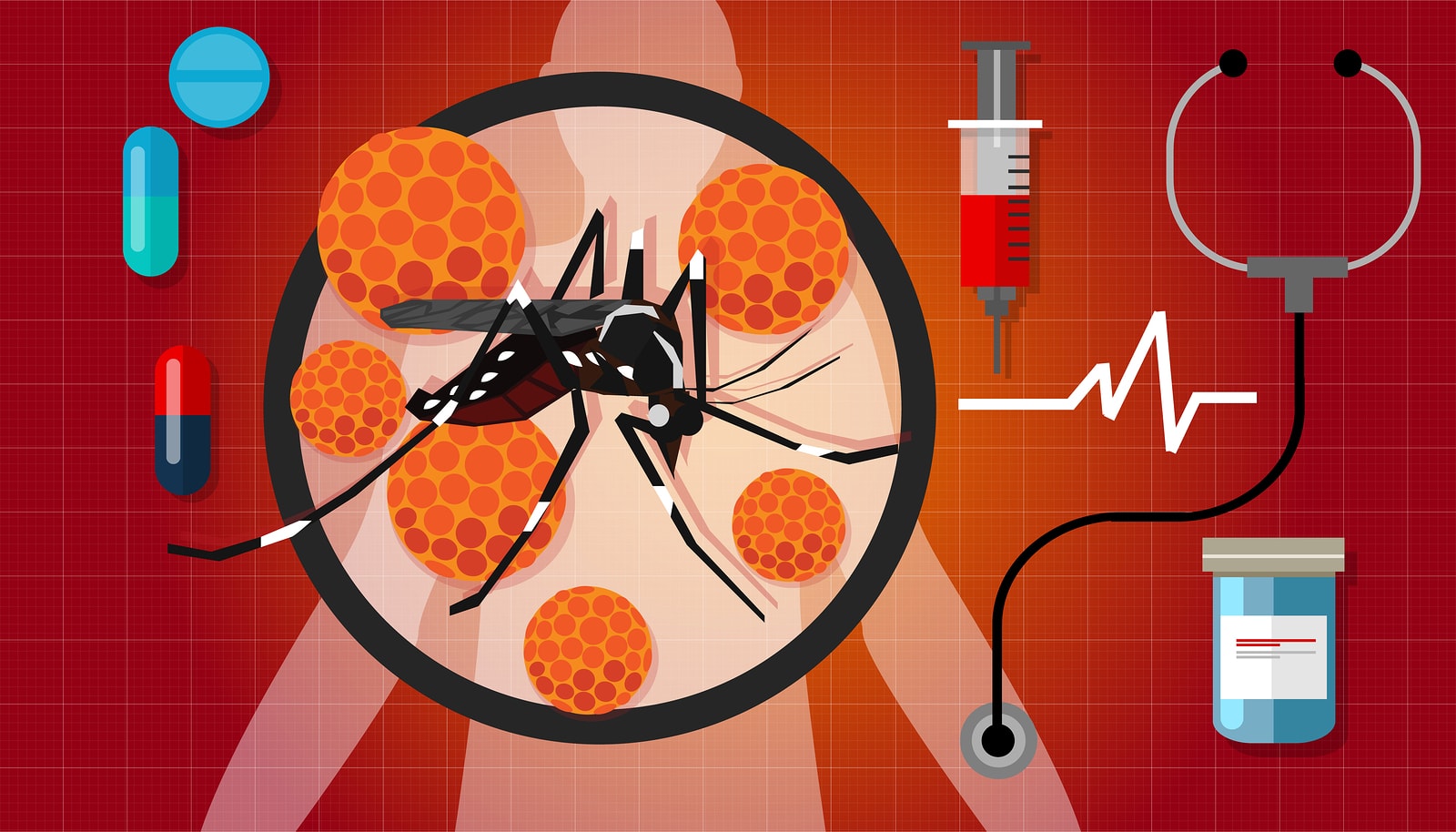
The Senate recently voted to approve $1.1 billion to fight the Zika virus, but that’s significantly less than the $1.9 billion sought by the White House, according to The New York Times.
Considering that the House of Representatives seems likely to approve a plan for $622.1 million – with that amount being offset by spending cuts – there’s still a lot of compromise that must occur before money is allocated to combat the mosquito-borne virus.
The White House has threatened to veto the House bill, according to Reuters.
Because it is an election year, compromises between Republicans and Democrats may be few and far between, although the Senate proposal was a bipartisan measure.
The House seems more divided, however, with Republicans not wanting to increase the budget deficit, Reuters said. They also note that the $622 million, when combined with $589 million of unused money to fight Ebola, would be enough money to fight Zika through the end of the fiscal year, which is Sept. 30.
The battle also is split along geographic lines, with lawmakers from the South – where the disease is likely to spread more widely – supportive of increased funding, according to USA Today.
“It shouldn’t be political – this is really what the [Centers for Disease Control and Prevention] thinks,” said Rep. Vern Buchanan, R-Fla. “This affects families and children. And I think that if we don’t need it, then we don’t spend it, but we need to make sure we have more than adequate resources at this point.”
You Might Also Enjoy: Zika Virus FAQ
About Zika Virus
The White House said the disease is spreading quickly across Central and South America, with some outbreaks expected this summer in the United States as mosquito activity peaks, according to NBC News. There were more than 1,200 confirmed cases of Zika in the United States and its territories as of May 11; that includes more than 110 pregnant women, according to White House officials.
Aside from mosquito bites, the virus can be spread sexually in some instances and may lead to birth defects in pregnant women. It also can cause Guillain-Barre syndrome.
That said, the CDC said the virus isn’t likely to spread as rapidly in the United States as it has in the Caribbean and Latin America, because the mosquitoes that carry it are less common and are not active year-round.
Fighting Zika Virus
The amount of funding ultimately approved for fighting Zika will determine the measure used, but Puerto Rico and other countries are already taking action. Measures include increase laboratory capacity for testing, enhanced surveillance systems, health messaging and education, distribution of Zika prevention kits and increased contraception availability, according to the Center for American Progress.
Scientists are also exploring creative ways to fight the Aedes aegypti mosquito, which is the root of the problem.
For example, Brazilian researchers have infected mosquitoes with a microbe called Wolbachia, which spreads rapidly to other mosquitoes. The infected mosquitoes are “far less effective at carrying the Zika virus currently wreaking havoc in Brazil and beyond,” according to Vox.
At a “hackathon” at Johns Hopkins University, students, public health experts, scientists and biomedical engineers brainstormed ways to prevent mosquito bites, according to HUB, a university publication.
Ideas included fashion accessories that emit mosquito repellent, a soap that repels the insects, a mosquito trap surveillance system and ZikAvoid, a banner emitting repellent.









